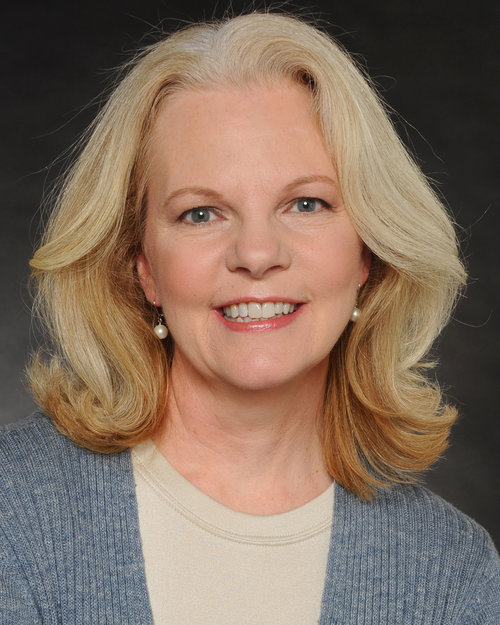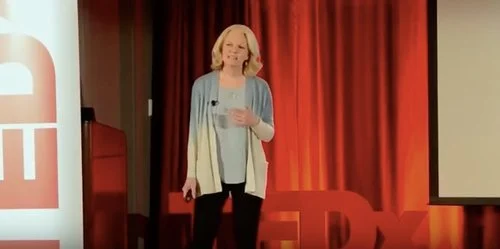ELAINE C. MEYER, PHD, RN, MBe, fssh
Elaine C. Meyer, PhD, RN, MBE, FSSH is a clinical psychologist at Boston Children's Hospital, nurse, and bioethicist. She is faculty at the Center for Bioethics and Associate Professor of Psychology at Harvard Medical School. She is a founding member of the International PERCS Collaborative (Program to Enhance Relational and Communication Skills) that has partners in Italy, Australia, Germany, and Argentina. She serves as healthcare educational consultant at Fundación Garrahan in Buenos Aires, Argentina and senior scholar at the ARCIM Institute in Filderstadt, Germany.
Dr. Meyer accepts invitations, teaches and consults across the range of healthcare institutions to support educational and research initiatives devoted to challenging conversations in healthcare, the emotional standard of care, and everyday clinical ethics.
Dr. Meyer is a thought leader and publishes widely on a range of timely professional issues such as pediatric critical care, clinicians’ emotional engagement and moral distress, virtues and interprofessional teamwork, simulation-based education, and the ethics of everyday clinical encounters.
Her clinical experience, innovative teaching, and academic scholarship have emphasized patient and family priorities and perspectives, end-of-life care, and communication and relational skills across healthcare boundaries in an effort to promote humanism and ethical integrity in healthcare.
Biography
Dr. Meyer is a founding member of the International PERCS Collaborative (Program to Enhance Relational and Communication Skills) that has partners and initiatives in Italy, Australia, Germany, and Argentina.
On Being Present, Not Perfect
In her intimate talk, Dr. Meyer draws on both professional and personal experience to illustrate the profound gaps in healthcare communication and how to close them.
“What they really remember are the words that we said to them, the kindness that we extended, how we made them feel, and how we treated them.”




